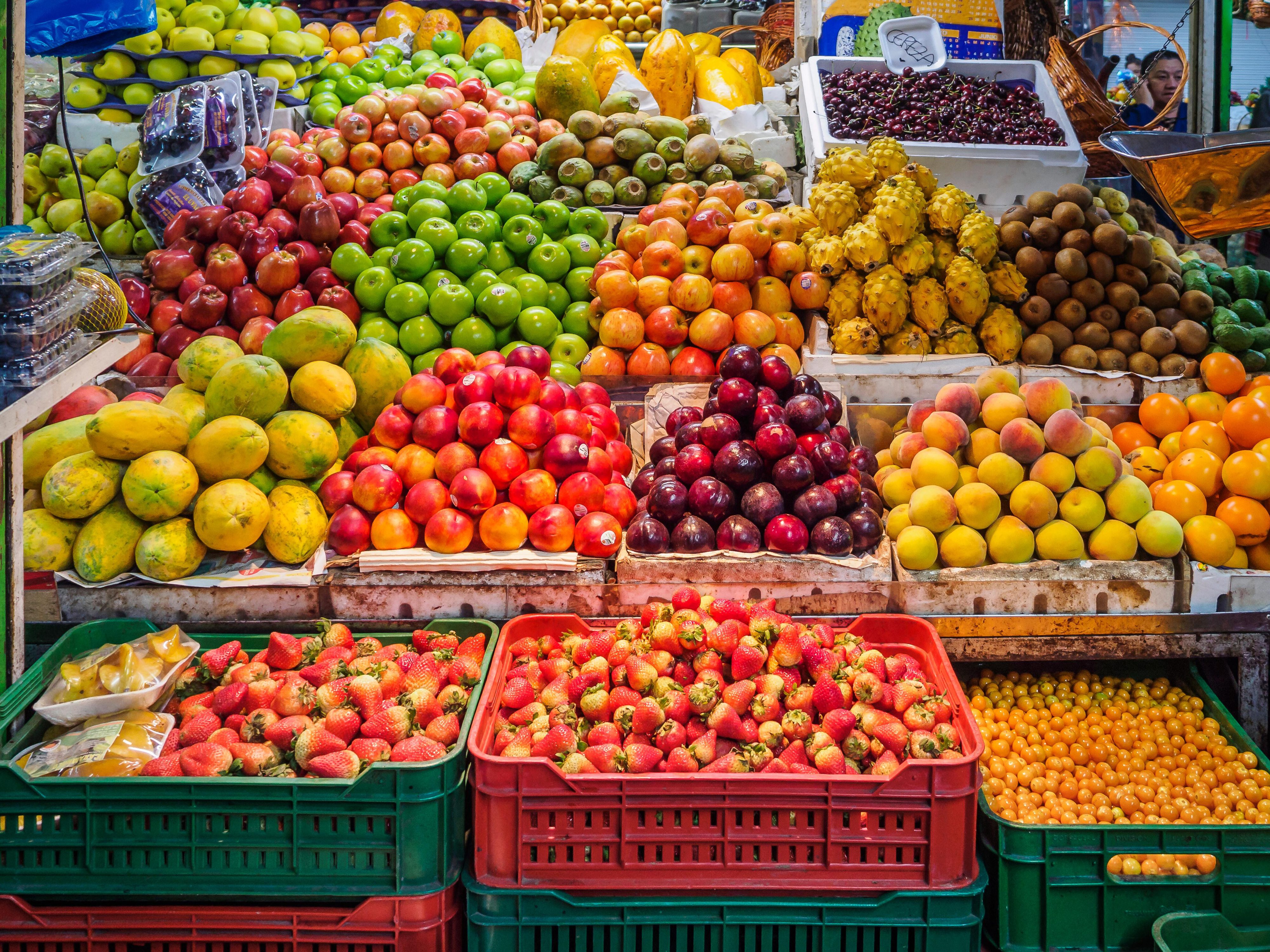
Rising inflation and stagnant pay caused a further reduction in living standards in 2022 which will worsen in the coming years, according to new research.
The Resolution Foundation’s annual living standards outlook found that real income fell by £800 per household in 2022, marking the biggest annual fall in one hundred years.
This year’s annual outlook is informed by a survey of 10,000 adults in the UK exploring how households are coping with the cost of living crisis and what its lasting effects may be. Their modelling analyses what the latest economic developments and planned government policy mean for household incomes and poverty this year and beyond.
The survey estimates that by the end of 2022, three quarters of UK adults reported cutting back on overall spending while the equivalent of 24 million people are worried about paying their energy bills, despite the government’s Energy Price Guarantee. People are also falling behind on their bills, with ten per cent of adults missing at least one payment of a priority bill over the final three months of the year. This figure rises to a quarter of people on low incomes.
The survey also showed the toll on the mental health of families on low incomes compounded by the cost of living crisis. People reporting emotional distress rose by 7 per cent to 47 per cent, while for those receiving benefits this figure was almost two-thirds. Twenty per cent of workers in families on low incomes reported an increase in debts as well, which increases stress and can lead to worse health, including increased risk of respiratory and cardiovascular diseases, as reported by the British Medical Association (BMA).
The drop in income is leading people to use their savings and sell their possessions. Over a quarter of adults responding to the survey reported using their savings for daily expenses, up from a fifth on the previous year, and in the month preceding the survey, 12 per cent of workers on low incomes reported pawning or selling possessions they would have preferred to keep.
The rising cost of living is being driven by record high inflation rates. Whilst this month’s figures from the ONS show a 0.2 per cent decrease in inflation, the latest rate of 10.5 per cent to December 2022 is still one of the highest in forty years and comes after record highs of 11.1 per cent in October and 10.7 per cent in November. Food inflation remains higher than the rate of inflation, with a rise to 16.8 per cent year-on-year in November, the biggest annual jump in the cost of groceries since 1977. The impact of this is clear: 28 per cent of survey respondents report being unable to afford balanced meals.
The Resolution Foundation outlook for the coming year suggests that even if costs start to come down, the effects of record high inflation and cost of living will continue to be felt. It estimates that an extra 800,000 people will be living in poverty by 2023/24. Child poverty is forecast to increase as well, to its highest rate in thirty years by 2027/28. They expect 170,000 more children to be living in poverty than were in 2021/22.
Child poverty stunts growth, increases children’s likelihoods of contracting chronic diseases, cardiovascular issues, dietary problems and cancer, and triples their likelihood of developing mental health problems, BMA research estimates.
Wages are not forecast to return to levels seen at the beginning of 2022 until the end of 2027, and typical incomes are set to remain below pre-pandemic levels beyond 2027/28, according to the outlook. For many, their 2022 wages are scarcely higher than in 2008, meaning almost two decades may pass without significant wage growth.
The report also forecasts some positive developments including inflation dropping to under 10% and the rises to benefits and the national living wage from April, however it forecasts that these will not be enough to spare many UK households from worse living standards this year and beyond.
It makes a number of recommendations including… renewing and increasing the Energy Price Guarantee from April 2023, better insulating the UK’s housing stock, making more people aware and increasing take-up of means-tested and disability benefits, making Cold Weather Payments available to more people including working age households and those receiving benefits, and making Cost of Living payments higher for larger families who are more affected by food insecurity.
